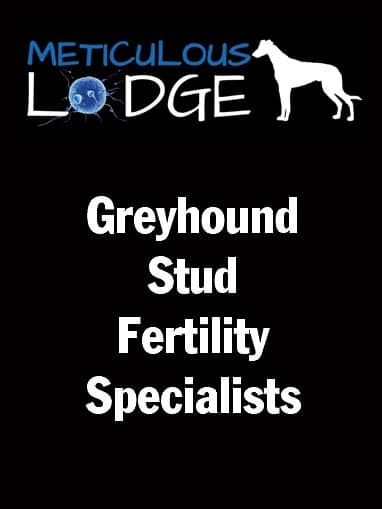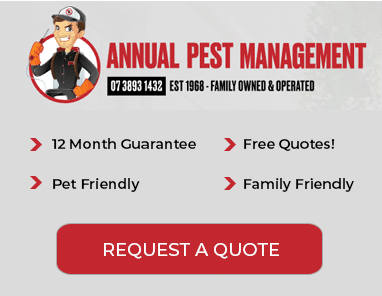
The Queensland Racing Integrity Commission is calling on all greyhound owners and trainers to consider vaccinating their greyhounds against Canine Coronavirus.
A recent outbreak of the highly contagious Canine Coronavirus in greyhounds in a Townsville kennel has highlighted that vaccination should be used as an aid in the prevention of the disease.
QRIC Veterinary Services and Animal Welfare Director Dr Martin Lenz said the vaccine is available and recommended.
“While testing to confirm the level of the vaccine’s effectiveness are ongoing, the vaccine will assist as a preventative tool against canine coronavirus,” he said.
“This is a highly contagious disease, and it has the potential to spread throughout the State therefore we should be doing all we can to prevent it and vaccination will help.”
Important: Gastroenteritis in dogs caused by Canine Coronavirus is in no way related to the current world-wide ‘novel coronavirus’ outbreak causing respiratory illness in people.
The Commission is calling on all greyhound trainers to remain vigilant for the signs of Canine Coronavirus and follow strict biosecurity protocols.
Trainers should promptly report any greyhounds with vomiting/diarrhoea to stewards and take rectal temperatures of all competing dogs on race-day morning.
To ensure dogs are not infected with the virus, trainers are advised to monitor their greyhounds closely for signs of vomiting and/or diarrhoea, as well as more subtle signs such as dullness, reduced appetite or fever.
Any greyhounds displaying the clinical signs, or an elevated temperature should be isolated from all other dogs and monitored closely.
Trainers are advised to report all cases of vomiting, diarrhoea and fever in greyhounds to the stewards at the earliest opportunity and affected dogs must not be brought to the track.
If dogs are showing signs of moderate to severe dehydration or persistent vomiting and diarrhoea, veterinary attention should be sought immediately.
While Canine Coronavirus is not transferable to humans, all greyhound participants are urged to apply strict personal hygiene and biosecurity practices to help limit the spread.
This includes frequent hand washing, isolating sick dogs, wearing gloves and protective clothing, cleaning and disinfecting all areas and equipment, including dog bowls and transport vehicles.
Handle affected dogs last to avoided infecting healthy dogs.









